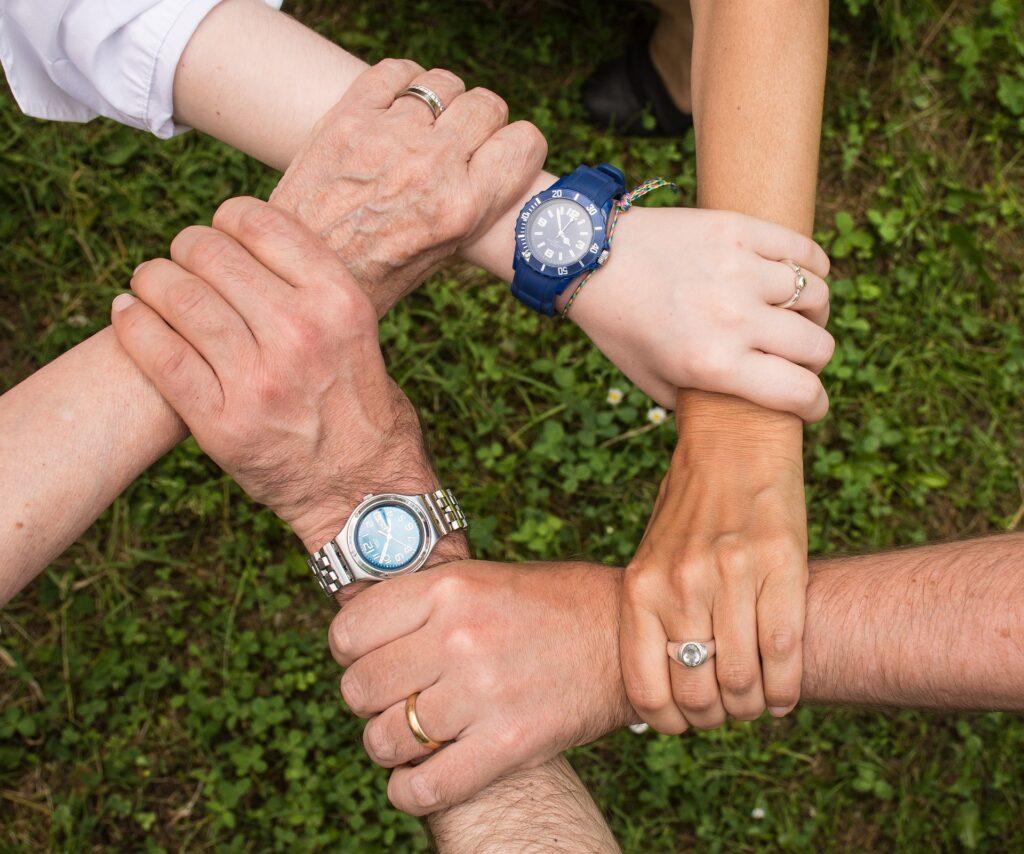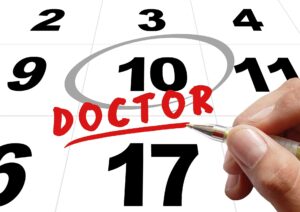Like many others, you probably think a colonoscopy is for someone who is older. But that’s the thing, waiting until you are older to get a colonoscopy is a gamble. Colon cancer can happen at any age. The earlier you catch it, the higher the survival rate.
Here are a few reasons why you should have a colonoscopy earlier rather than later
Family History
 If there is anyone in your family that has had colon cancer, this should be a red flag warning to get a check up!
If there is anyone in your family that has had colon cancer, this should be a red flag warning to get a check up!
If you have a family history of colon cancer, your chances of getting it are almost double. As we gather with family this holiday, it may be a good time to ask a few questions about relatives and insight to when they were diagnosed with any type of cancer. A rule of thumb, is to begin having colonoscopy procedure 10 years before the age your relative was diagnosed. So, if your grandfather was diagnosed with colon cancer at age 55, you should start having screenings at 45 or younger.
The American Cancer Society article, “When Should You Start Screened for Colorectal Cancer?”
Screening recommendations for those at average risk for colorectal cancer
People at average risk should start regular screening at age 45.
People who are in good health and expected to live at least more 10 years should continue regular screening through the age of 75.
People ages 76 through 85 should decide with their health care provider whether to continue to get screened. This should be based on personal preferences, prior screening results, overall health and how long they are expected to live.
People over 85 should no longer get screened for colorectal cancer.
People at higher risk for colorectal cancer may need to start screening before age 45. They may also need to be screened more often or get specific tests. People at higher risk are those with
A strong family history of colorectal cancer or certain types of polyps
A personal history of colorectal cancer or certain types of polyps
A personal history of inflammatory bowel disease (ulcerative colitis or Crohn’s disease)
A family history of a hereditary syndrome such as familial adenomatous polyposis (FAP) or Lynch syndrome
A history of radiation to the abdomen (belly) or pelvis to treat a prior cancer
Cancer Can Be Very Random
Unfortunately, cancer can happen at anytime to anyone. You’re living life and all of a sudden you notice symptoms, bloody or blackish stools, painful bowel movements, sudden weight loss, or abdominal pain. They symptoms become bad enough to make you head to the doctor. Remember, the earlier colon cancer is diagnosed, the easier it is to treat.
A Colonoscopy Sounds Invasive, But It’s Not As Bad As You Think
The colonoscopy itself just takes about 20 minutes. You won’t even know what happens, you wake up feeling like you just took a nap.
 The prep is less disruptive as it once was. It consists of skipping solid food for at least a day and the prescribed bowel prep. It is simple cost to pay for knowing if you have colon cancer.
The prep is less disruptive as it once was. It consists of skipping solid food for at least a day and the prescribed bowel prep. It is simple cost to pay for knowing if you have colon cancer.
Think of it as going to the dentist, if you wait until a tooth hurts, the process will much more intense, than if the cavity was caught in the early stages, during a routine check-up. Instead of waiting till you have symptoms of colon cancer, go have a colonoscopy.
Preventative screening and testing help detect diseases and conditions in their early and most treatable stages. For more information or to make an appointment, contact Gastroenterology Consultants of Central Florida.
Founded in 1996, we are committed to providing high quality healthcare in Central Florida, in a cost effective manner.
